Top 5 Energy Incentives for Australian Businesses (2025)
.jpg)
Due to increasing energy prices, many Australian businesses are rethinking their energy strategies. That’s why many businesses in the nation are rapidly switching toward their net-zero targets for clean energy adoption. From rising electricity costs to competitive pressures. From soaring electricity bills to sustainability compliance and competitive pressures, businesses often face several challenges. But the government is offering substantial support through solar panel incentives and energy programs.
Understanding these incentives is complex for businesses to understand, which is where Agile Energy enters to help them unlock their full energy potential of grants and rebates while maximising savings. Continue reading the blog to explore the top 5 energy incentives Australian businesses can leverage in 2025.
Overview of Energy Incentives in Australia (2025)
Due to the quickly evolving energy incentive landscape in Australia, the government is offering various energy schemes for solar panel adoption. On the federal level, the Clean Energy Regulator upgrades the Renewable Energy Target (RET). This helps businesses adopt solar and other sustainable solutions. Due to such federal government solar incentives, both small and large enterprises can cut down their carbon emissions while reducing operational costs.
State governments offer certain targeted schemes. For example:
· New South Wales: Energy Efficiency Grants to support commercial solar installations.
· Victoria: SMEs can benefit from Business Solar Rebate programs.
· Queensland: Energy efficiency support and battery storage rebates for businesses.
There’s an increasing focus on SMEs and commercial solar adoption, due to more funding and stringent emissions targets. All this is encouraging businesses to quickly switch to renewable energy to enjoy early benefits.
For complete support, businesses can partner with Agile Energy for their Solar Rebates service to find out their eligibility for certain incentives.
Top 5 Energy Incentives for Australian Businesses in 2025
1. Federal Solar Rebate for Businesses
One of the most powerful ways to decrease businesses’ upfront costs is the federal solar rebate. Eligible businesses, including large enterprises and SMEs, can make the most of a rebate that covers around 30 to 40% of installation costs. This further reduces payback periods significantly.
Agile Energy helps businesses to fast-track such rebate applications. This ensures that businesses don’t miss out on their potential energy savings while switching to solar adoption seamlessly.
2. Large-Scale Renewable Energy Target (LRET) Certificates
The LRET focuses on targeting larger commercial and industrial energy users, like warehouses, factories, and manufacturing plants. The eligible businesses can earn Large-scale Generation Certificates (LGCs) for sustainable energy production, which is easy to trade for further revenue streams.
This particular program encourages large-scale solar adoption while offering long-term financial returns. Hence, it supports a rapid clean energy transition in Australia.
3. Small-Scale Technology Certificates (STCs)
STCs are tradable certificates to minimise the cost of small-scale solar installations. The number of STCs reduces the cost of small-scale solar installations. A business can claim a certain number of STCs based on its system size, installation date, and location.
Example: A Sydney business with a 50kW solar system is likely to offset thousands in installation costs via STC sales. Switching to renewable energy in 2025 is crucial because the STC scheme will phase out in the coming years. So, businesses that delay may miss out on some significant financial incentives.
4. Energy Efficiency Grants for SMEs
Energy efficiency grants are focusing on targeting SMEs across hospitality, retail, logistics, and office sectors. The eligible upgrades include LED lighting, solar installations, HVAC systems, and other technologies for energy savings.
All these grants boost ROI by reducing operating costs while minimising payback periods. The businesses that pair these incentives with other grants are likely to unlock substantial financial and environmental advantages.
These incentives are typically referred to as government incentives for federal solar rebates, solar panels, or business energy grants for SMEs, as per a specific program.
5. State-Based Solar Incentives
Here are some state-level programs offering a key advantage for businesses:
· Victoria Business Solar Rebate: It helps SMEs with solar panels and battery systems installations.
· Queensland Battery Rebates: It encourages businesses to pair solar panels with battery storage for increased reliability.
· NSW Energy Efficiency Grants: These grants offer funding for solar, HVAC, and lighting upgrades.
Due to industry-specific renewable energy benefits, businesses, like offices, retailers, and hospitality venues, can observe a significant reduction in operational costs. Meanwhile, manufacturing sites can attain maximum energy savings.
How Incentives Help Different Industries
· Retail: Decreases high daytime energy costs, improving overall profitability.
· Manufacturing: Solar and battery solutions stabilise energy expenses while cutting operational costs.
· Logistics & Cold Storage: Solar paired with battery storage ensures uninterrupted, reliable energy.
· Hospitality: With energy-efficient upgrades, this sector can reduce its peak energy costs while increasing sustainability credentials.
· Offices: The clean energy adoption enhances ESG reporting and boosts brand image.
By targeting the given incentives strategically, every sector can attain tailored advantages that combine cost savings with its sustainability goals.
Step-by-Step Guide to Accessing Incentives
1. Energy audit & consultation with Agile Energy to find the right solutions for your business.
2. Check eligibility & collect documents needed to avail rebates.
3. Apply for rebates via state and federal government portals.
4. Solar system and battery installations through Agile Energy’s certified team.
5. Monitoring & compliance support for ensuring regulatory compliance and long-term energy efficiency.
Find out more about Agile Energy’s Commercial Solar Installation services for complete assistance.
Maximizing ROI with Energy Incentives
Combining solar installation and battery storage with rebates can maximize the ROI of businesses.
For instance, a Melbourne business with a 100kW solar panel installation could notice a payback period within three years while factoring in STCs, federal rebates, and state incentives.
Explore Agile Energy’s dedicated Solar ROI Calculation for forecasting your business’s potential savings while making effective investment plans.
Why Act Now in 2025
Timing is very important:
- A phase-out of STCs federal government's plan over the coming years.
- There are limited funding pools, and available ones operate on a first-come, first-served basis.
- Early adoption provides a competitive edge, locking in reduced operational costs and enhancing sustainability credentials.
- Energy prices are expected to rise, making early solar adoption a beneficial decision.
So, the businesses that delay are likely to miss out on maximum rebate opportunities and may face higher energy costs.
Conclusion
Leveraging the government-based energy incentives is beneficial for businesses to reduce energy costs, boost sustainability, and stay compliant with changing regulations.
Agile Energy’s expertise enables businesses to ensure rapid approval, navigate the complex rebate landscape, and implement efficient solar solutions.
Take action today:
- Check your eligibility for rebates to uncover potential savings.
- Contact Agile Energy to get a free consultation to start saving energy in 2025.
FAQs – Energy Incentives for Australian Businesses (2025)
1. What government incentives are available for businesses going solar in 2025?
In 2025, businesses can attain federal solar rebates, LRET certificates, STCs, energy-efficiency grants, and state-based programs. These incentives are available as per your business location and business size.
2. Are SMEs eligible for federal solar rebates in Australia?
Yes, many small and medium-sized enterprises are eligible for state programs and federal solar rebates.
3. How much can my business save with solar panel incentives?
Businesses can expect energy savings to vary, but may reach up to 30–40% of installation costs. This also includes ongoing reductions in electricity bills.
4. What is the difference between STCs and LGCs?
STCs decrease upfront solar costs for small-scale systems; on the other hand, LGCs apply to large-scale renewable energy generation that can further be traded to gain financial returns.
5. How do I apply for clean energy rebates for businesses in Australia?
To apply for clean energy rebates, one can fill out an application via government portals. It is usually supported by consulting services, like Agile Energy.
6. How long will these government rebates last?
While some rebates, like STCs, will phase out in the coming years, others are subject to annual budget allocations.
7. Do incentives cover solar battery storage for businesses?
Yes, most energy efficiency grants and state programs include battery storage as an eligible expense. So, it will all be covered in your energy program.

Agile Advantage Ed. 14 - Winning the war on peak prices: Load Shifting, Storage and Smart Controls for C&I

Agile Advantage Ed. 14 - The 2026 solar health check: From legacy systems to strategic assets
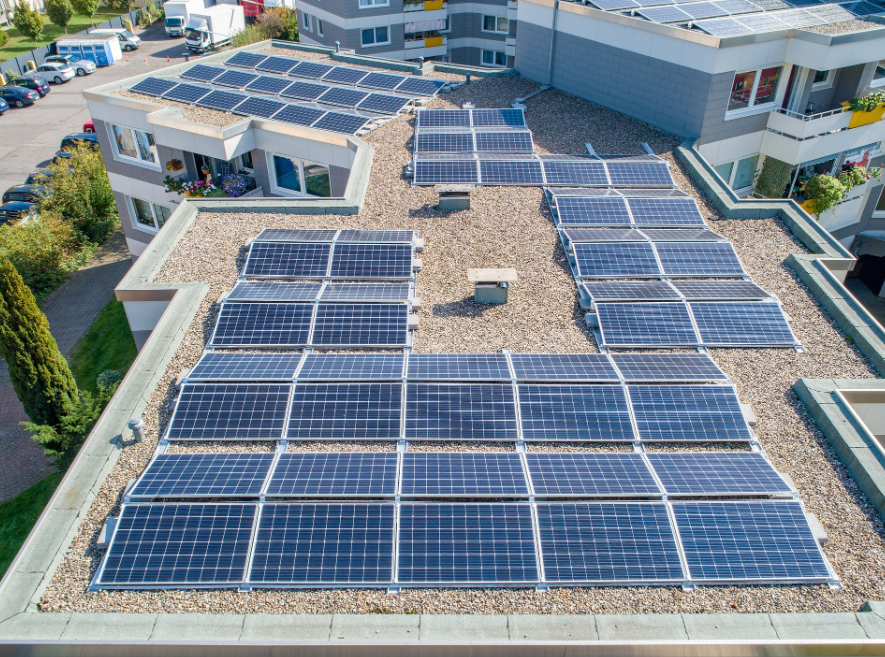
Solar vs Grid Energy Price Escalation: 2025 Outlook
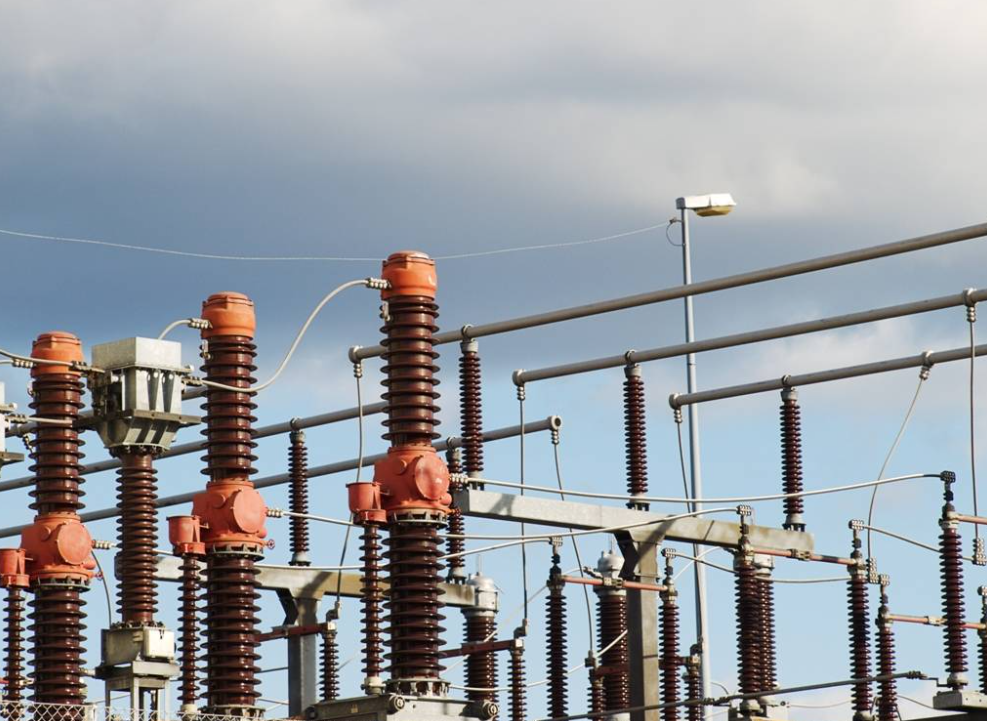
Agile Advantage Ed. 13 - From energy users to market participants: How Agile businesses are monetising flexibility
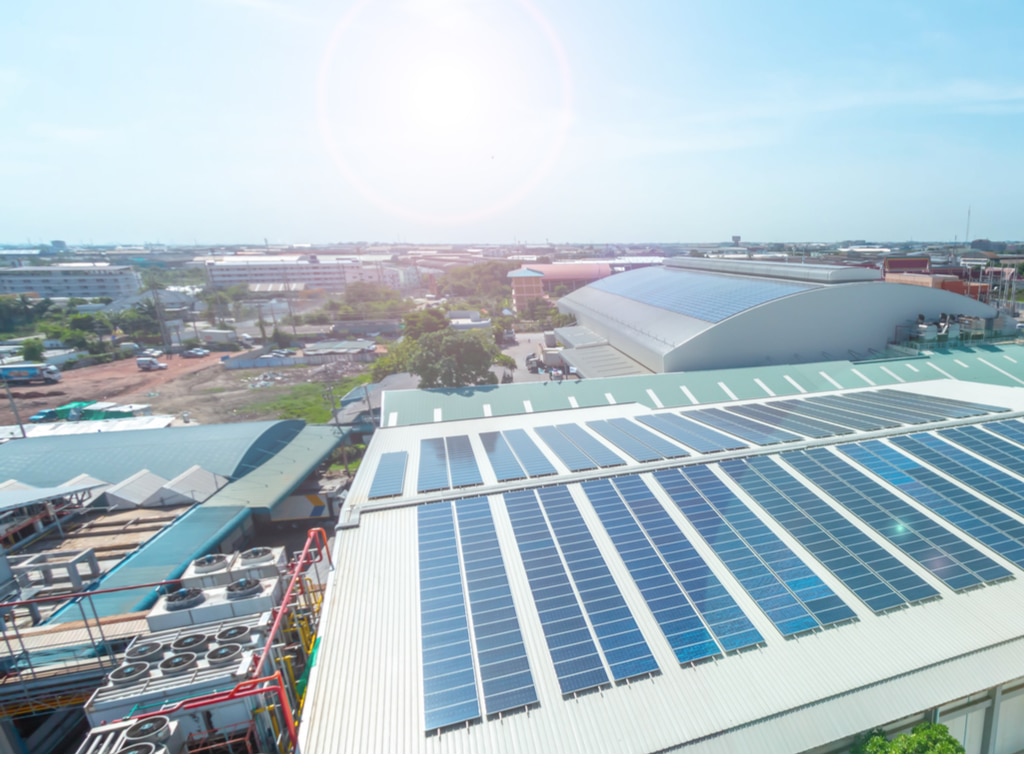
Mandatory Climate Reporting: What CFOs need to know (2026–2028)

Agile Advantage Ed. 11 - Unlocking full value from solar & storage: The business case for batteries

End-of-Year Energy Audit: 10 ways to start 2026 leaner and cleaner

Agile Advantage Ed. 10 - Embedded Networks 101: Turning electricity from a cost centre into a profit centre

Managing solar and battery rollouts for national portfolio

Risk management in renewables
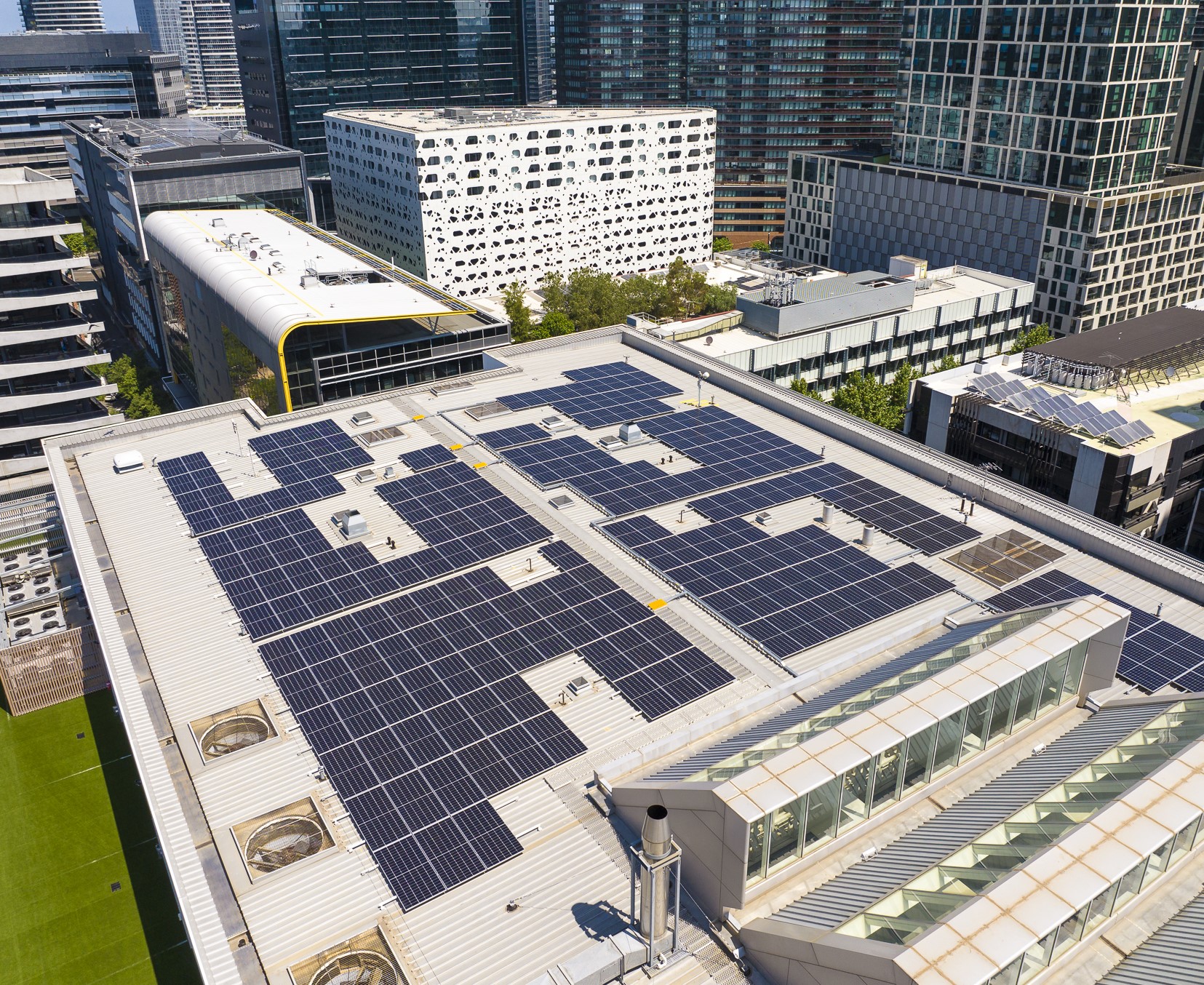
Commercial solar ROI in 2025: Maximise your business savings

Scaling SAFe in large-scale energy organisations: How executives can harness the Scaled Agile Framework (SAFe) to accelerate the energy transition

Always-On Agile operating model for Australia’s energy transition

Integrated energy & carbon strategies: A Playbook for future-proofing Australian manufacturing

Weathering the storm: Protects solar assets from heavy rainfall risk
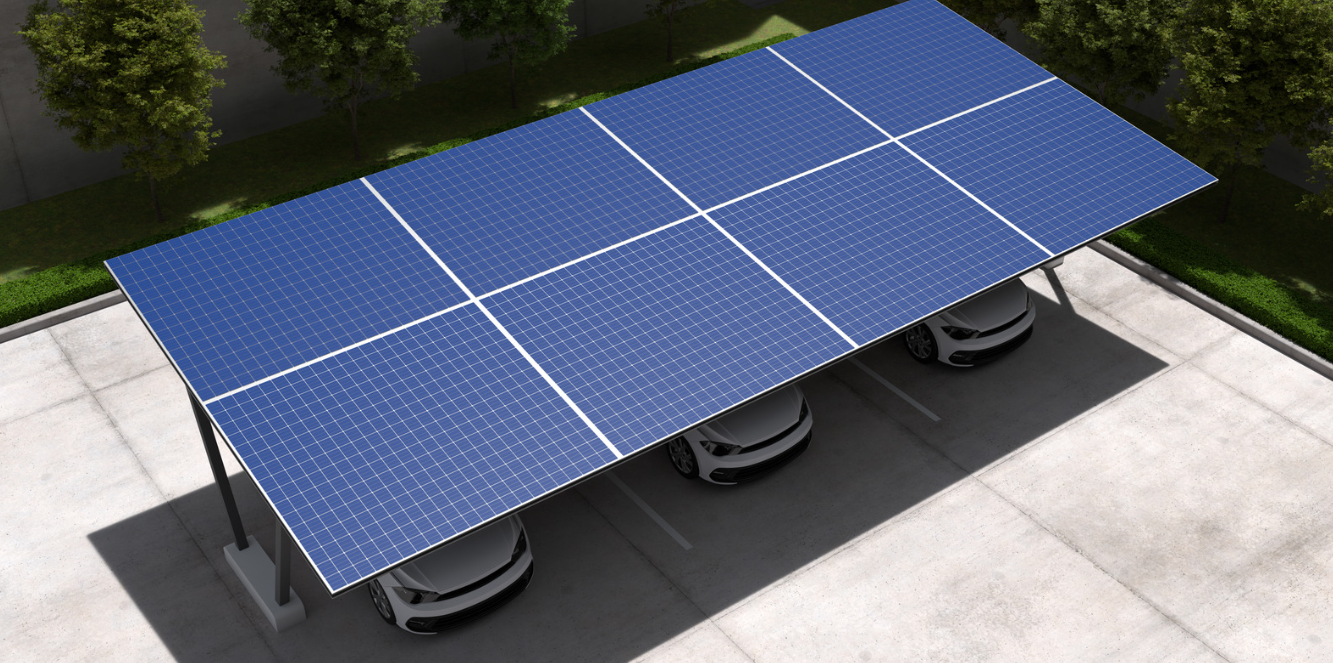
Transforming dead space into active assets: How Agile unlocks roofs, car parks, and land for revenue

Agile Advantage Ed. 9 - Why energy data is the new gold for Australian manufacturer
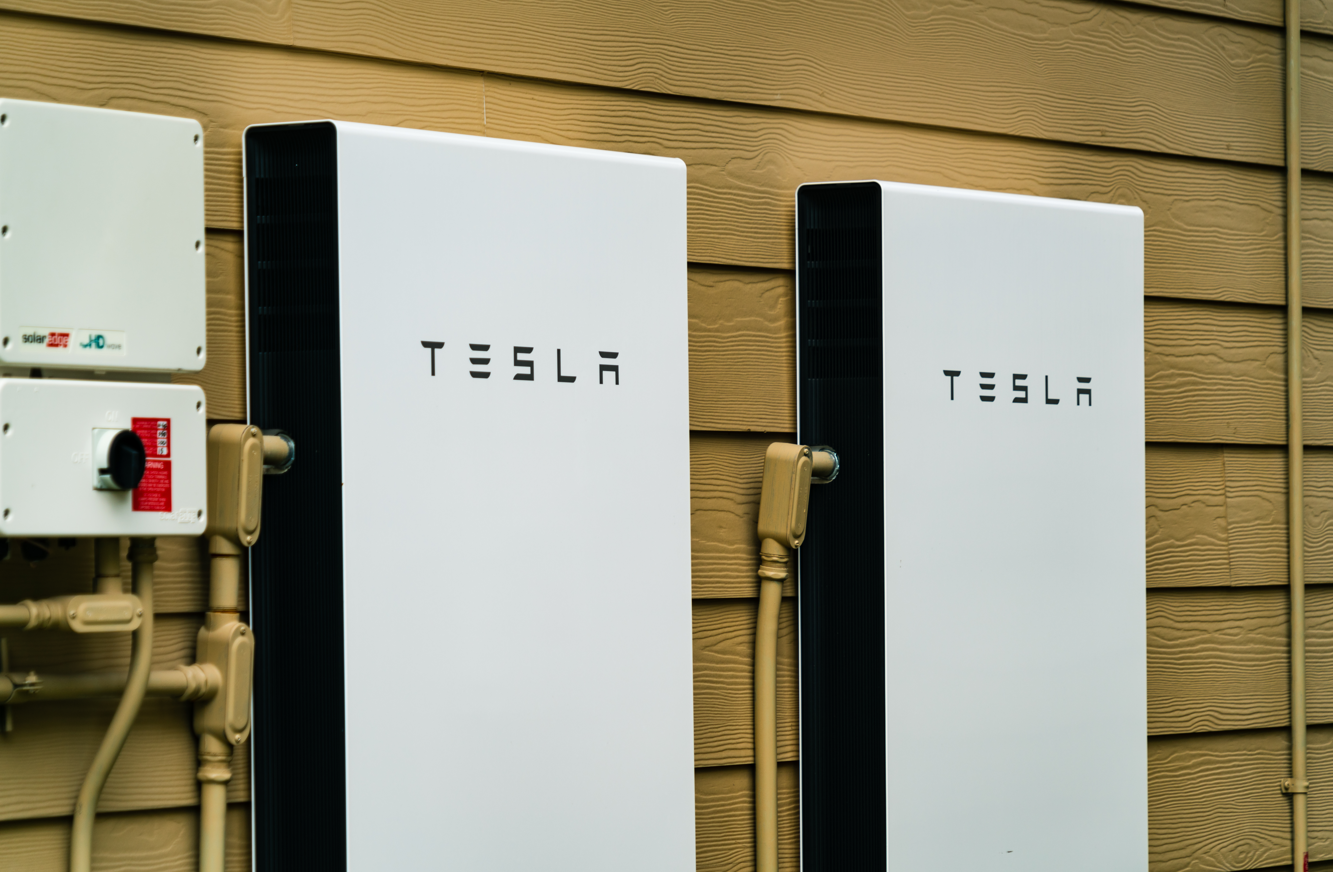
Solar Battery Rebate

Agile Advantage Ed. 8 - E is Everything: Energising Australian Businesses

Agile Advantage Ed. 7 - Riding the renewable wave: Why Australian businesses are embracing solar energy

Agile Advantage Ed. 6 - Why CFOs should prioritise renewable energy investments in 2025

Empowering Australian Businesses: Unlocking energy efficiency and sustainability

Agile Advantage Ed. 5 - Inspiring the young workforce: How rolling out renewables sparks motivation

The power of vertical integration in solar project delivery

Agile Advantage Ed. 4 - Making complex simple: Navigating the complexity of solar installations

Rising cost of insurance : Impact on solar assets

Monetising your solar assets: Converting pre-purchased systems into power purchase agreements (PPAs)

Agile Advantage Ed. 3 - The Magic of experience: Partnering for performance in renewables

Solar rooftop safety: Risk management guide

Agile Advantage Ed. 2 - Clear paths to carbon reduction: Renewables and more for Australian businesses

Agile Advantage Ed. 1 - Seven deadly sins of solar installations: Mistakes businesses must avoid

CEO's view on managing increasing energy costs

Carbon Accounting and your business

Join Agile Energy at the Healthcare Real Estate Summit

Carbon Projects - Where to Start?

TRADE ACCUs WITH US! From the desk of Equipoised Group
Ready to Power Your Business with Sustainable Energy?
Let's take the first step towards a brighter and greener future.



